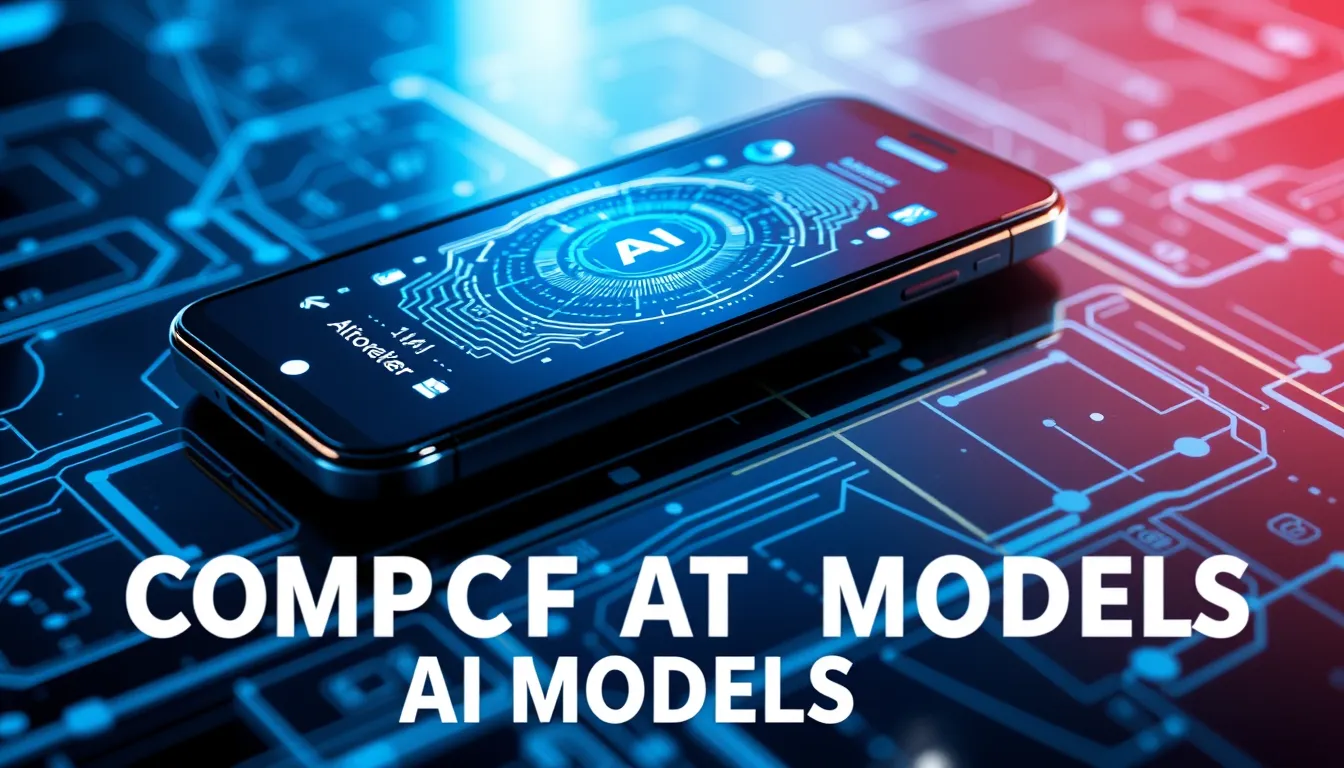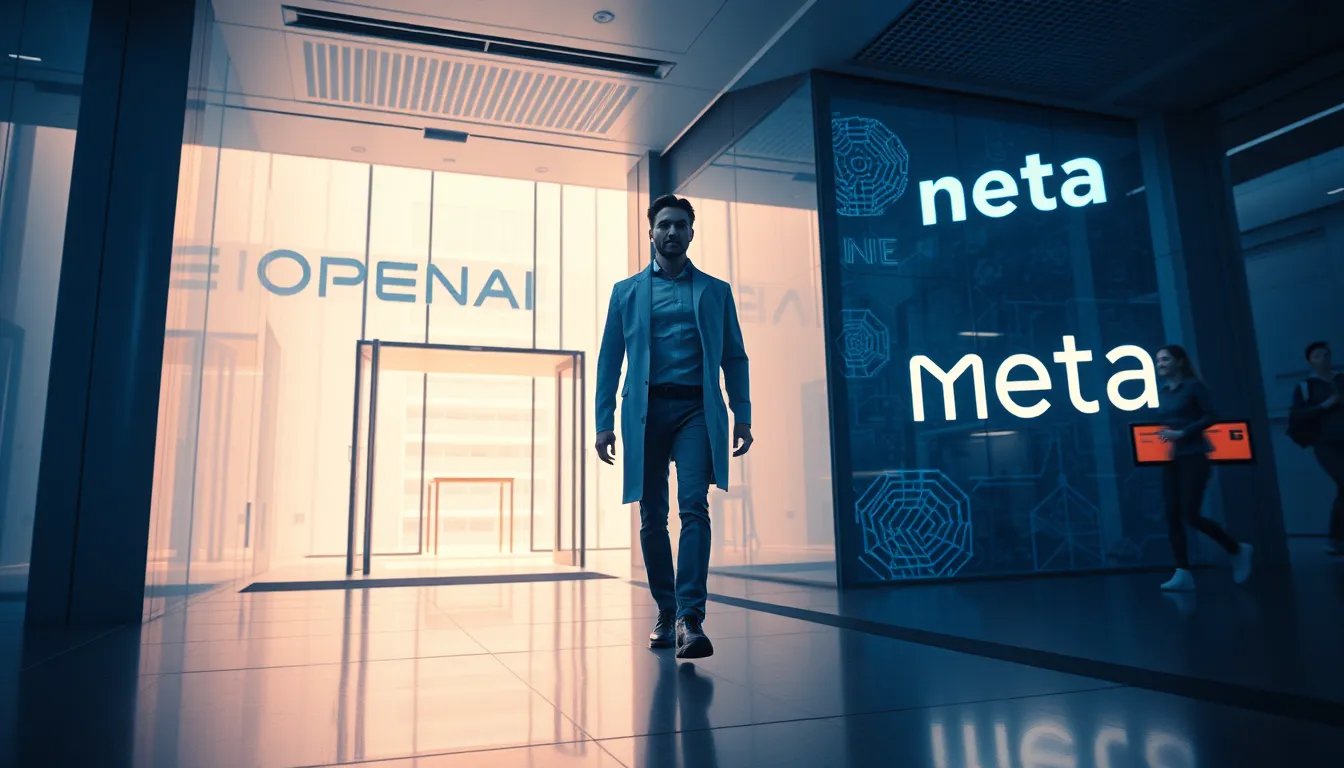Now Reading: Innovative AI in Healthcare Diagnostics: Enhancing Patient Care
-
01
Innovative AI in Healthcare Diagnostics: Enhancing Patient Care
Innovative AI in Healthcare Diagnostics: Enhancing Patient Care

Innovative AI in Healthcare Diagnostics: Enhancing Patient Care
In today’s rapidly evolving medical field, AI in healthcare diagnostics is revolutionizing the way medical professionals interpret data and treat patients. This technological breakthrough not only enhances patient care but also streamlines diagnostic procedures, leading to faster decisions and improved treatment outcomes.
The Role of AI in Healthcare Diagnostics
The integration of AI in healthcare diagnostics has led to significant improvements in accuracy and efficiency. Medical imaging, including MRIs and CT scans, has greatly benefited from detailed analyses powered by sophisticated algorithms. With the ability to detect subtle patterns that may be overlooked by the human eye, AI in healthcare diagnostics has become an invaluable tool for early detection of diseases.
Key Advantages of AI in Healthcare Diagnostics:
- Enhanced image clarity and anomaly detection
- Reduced rate of human error in diagnosis
- Accelerated diagnostic processes, enabling timely treatment
- Improved predictions in disease progression
For instance, institutions such as the Mayo Clinic and HealthIT.gov have begun integrating these advanced technologies into their diagnostic workflows, setting a new standard for patient care.
How AI Improves Diagnostic Accuracy
One major advantage of AI in healthcare diagnostics is its ability to improve diagnostic accuracy. By comparing current imaging data with thousands of historical cases, AI systems learn to identify patterns and make recommendations. This process aids radiologists and other specialists to confirm diagnoses and reduce false negatives and positives.
Bullet Point Summary:
- Data-Driven Analysis: Leveraging vast medical databases for comparison.
- Continuous Learning: Adaptive algorithms that improve as more data becomes available.
- Early Detection: Supporting medical teams to identify diseases in their earliest stages.
With systems that support continuous learning, AI in healthcare diagnostics is perfectly positioned to evolve alongside advancements in medical research. The applications of these technologies extend beyond simple imaging; they contribute to comprehensive disease management and personalized patient treatment plans.
AI and Medical Imaging: A Game Changer
Medical imaging stands as one of the key areas where AI has made remarkable contributions. By integrating sophisticated machine learning algorithms, imaging devices can now analyze visual data with unparalleled precision. For example, the enhancement of imaging clarity allows practitioners to detect early signs of conditions such as cancer, heart disease, and neurological disorders more efficiently.
Significant Benefits Include:
- Faster processing of imaging data
- Increased accuracy in detecting abnormalities
- Enhanced visualization of complex anatomical structures
- Reduced strain on healthcare resources
The focus on AI in healthcare diagnostics directly correlates to improved patient outcomes, as faster and more accurate diagnostics pave the way for timely intervention. Leading health organizations are increasingly turning to this technology to address the growing demand for efficient healthcare solutions. The synergy between technology and medicine is fostering a future where diagnostic accuracy is not compromised by manual limitations.
Overcoming the Challenges of AI in Healthcare
Despite its numerous benefits, the implementation of AI in healthcare diagnostics is not without challenges. It is imperative for healthcare providers to address issues related to data privacy, integration with existing systems, and the need for rigorous validation of AI tools. Bridging the gap between technological innovation and medical practice requires ongoing investment in infrastructure, continuous training for healthcare professionals, and a collaborative approach between developers and clinicians.
Key Challenges and Mitigation Strategies:
- Data Privacy: Enforcing strict compliance with regulations such as HIPAA
- System Integration: Ensuring compatibility with current hospital information systems
- Skill Development: Offering comprehensive training programs for medical staff
- Reliability and Trust: Conducting extensive clinical trials to build confidence in AI applications
By actively addressing these areas, the barriers to entry can be reduced, allowing for a smoother integration of AI in healthcare diagnostics. Importantly, proactive measures help maximize the benefits of AI, ensuring that the technology serves as a trusted complement to traditional diagnostic practices.
Future Perspectives and Concluding Thoughts
The future of AI in healthcare diagnostics holds immense promise. As researchers continue to refine these tools, the scope for innovation expands beyond imaging to encompass a variety of diagnostic processes. The integration of genetic data, patient history, and real-time health monitoring will further enhance the ability of healthcare systems to deliver targeted, effective treatments.
In conclusion, the rise of AI in healthcare diagnostics marks a transformative era in modern medicine. With improved accuracy, faster results, and the potential to save countless lives, this technology stands at the forefront of medical innovation. By addressing current challenges and continuing to invest in research, the promise of enhanced patient care becomes an increasingly tangible reality. As this technology matures, both patients and healthcare providers will undoubtedly benefit from its profound impact on everyday clinical practices.
By embracing smart innovations and leveraging AI in healthcare diagnostics, the medical community is poised to overcome existing limitations and drive substantial improvements in patient care and treatment outcomes. The journey toward a more efficient, technologically empowered healthcare system is well underway, setting the stage for continuous improvement in the quality of care worldwide.

























